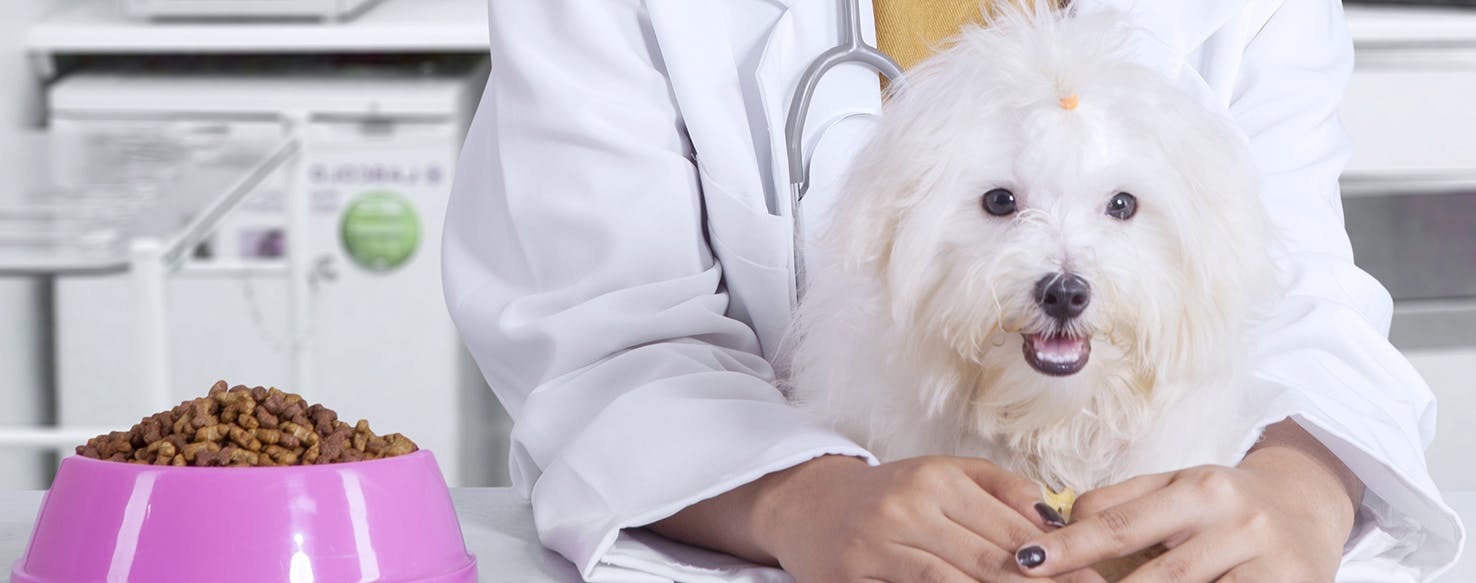You may not realize it, but the same basic principles of food safety you practice for your family should also apply to your dog's food as well. A perfect example of this is Salmonella. Just as it can make you or another member of your family sick, it can also make your dog extremely ill. Worse yet, if your dog's food is contaminated, the contamination can be passed on to you and the rest of the members of your family. Here are some tips to help protect your dog and the rest of your family from dog food illnesses.
1. Look Carefully at the Packaging
Pet food safety starts at the store. Carefully examine the packaging itself. Bagged foods should not have any rips, tears, or any other signs of physical damage. Problems like this can allow contaminants that can be harmful to your dog reach the food. The same applies to canned dog food that has dents in it. You should also look at the expiry date; never feed your dog foods that are out of date.
2. Look for Recalls
The FDA routinely inspects pet food manufacturer's facilities to ensure the food is safe for consumption. Any time they find a problem or the manufacturer does, a recall may be issued. In the event a recall is issued, it is published on the
FDA website. If you are not sure, check the website. Never feed your dog a food that is on the list and if you have by accident, be sure to contact your vet for further instructions.
3. Buy Top Quality Foods
It can be easy to fall into the habit of buying your dog bargain basement foods as a way to save money. The only problem with this is that many of these foods do not meet the
AAFCO food standards. Foods that fail to meet these standards place your dog at high risk of poisoning or other food borne illnesses. The same thing applies to treats or any other type of pet food you plan to feed your pup.
4. Feed a Raw Food Diet with Caution
While the ancestors of your dog might well have lived on a raw meat diet out in the wild, feeding your dog a diet of raw meat may not be your best choice. Today's raw meat can contain a wide range of bacteria including salmonella, E. coli and more. However, in healthy dogs, the acids in their saliva and stomach are strong enough to kill off salmonella bacterium.
5. Skip the Table Scraps
Tempting though it might be to feed your dog a few table scraps from time to time, this is a big "No-No" as many of the foods you eat can make your dog very ill and, in certain cases, cause death. Symptoms can include an irritation of the dog's stomach, diarrhea, vomiting, and potential liver or kidney failure.
6. Cut Down on Those Treats
Canine obesity is at an all-time high in the U.S. and can lead to a wide range of illnesses including heart, liver, and kidney failure and more. If you feed your dog too many rich treats, it can lead to vomiting, diarrhea, and gastrointestinal stress.
7. Make Changes to Your Dog's Food Slowly
In the event you find that you need to change the food you are feeding your dog, do so slowly. A sudden change in the diet can lead to diarrhea and vomiting. Start out on day one by mixing a small amount of the new food in with the old. Then change the mixture to 25% new and 75% old food and feed your pooch this mix for a few days. Once they seem to be tolerating this well, move to a 50/50 mix for a few days followed by 75% new and 25% old and finally all new food. Doing things this way will save your dog a lot of gastrointestinal distress and you a lot of messes to clean up.
Common Sense Safety
When it comes to protecting your dog from food illnesses, you should use the same care with their food as you do with those you feed your family. Always wash your hands before and after you touch your dog's food. Buy foods that are in undamaged packages and are not past their pull date, and check the FDA recall site for any recalls. By following these tips, your furry companion should be able to go through life without any food-related illnesses. In the event you think your dog has an illness caused by something they have eaten, contact your vet immediately or take your dog to the nearest animal emergency hospital for diagnosis and treatment.



